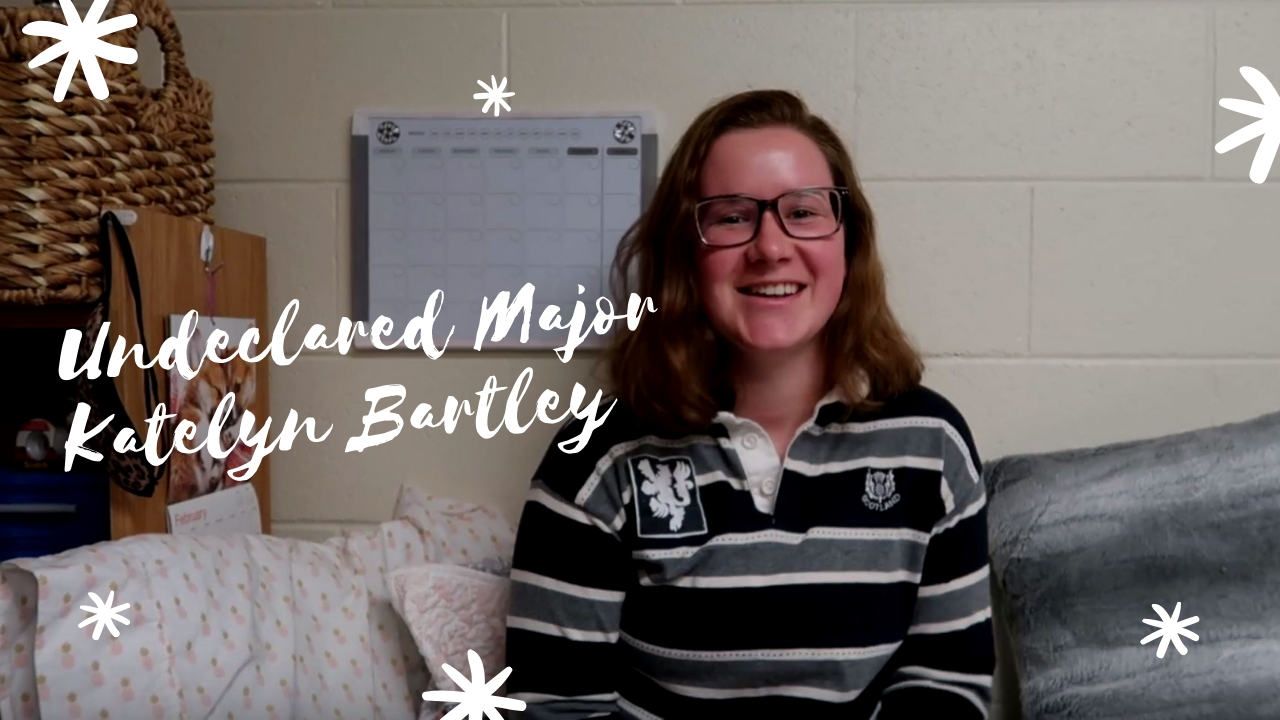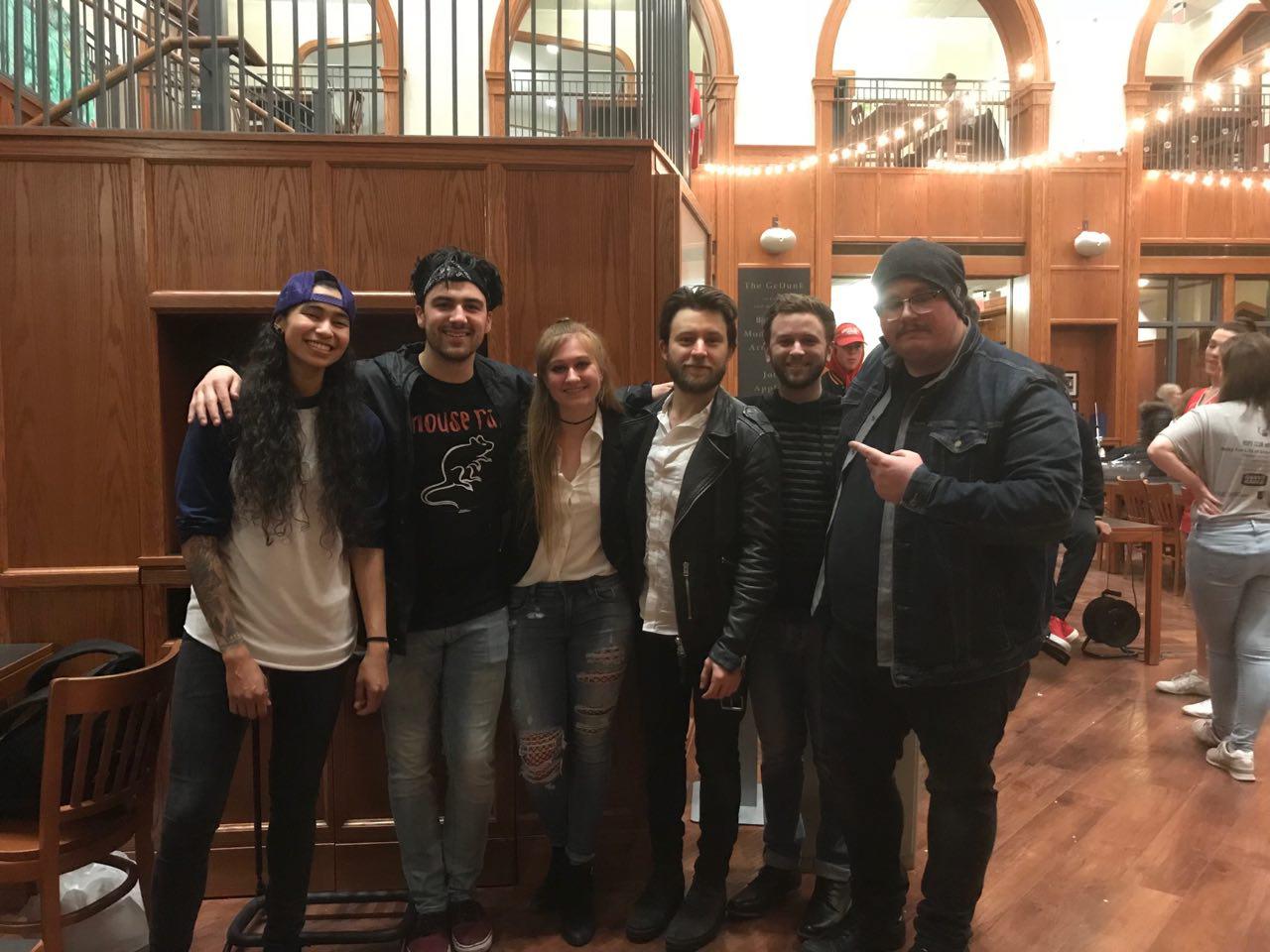What is a Teacher’s Assistant?

College is a busy few years. Between schoolwork, sports, clubs, and Greek life, many students have trouble managing a schedule, and having a job is not even a thought. Being a teacher’s assistant is a flexible and rewarding job. A teacher’s assistant is a student that helps a professor with grading assignments, such as homework and papers. It is a […]
Read more






